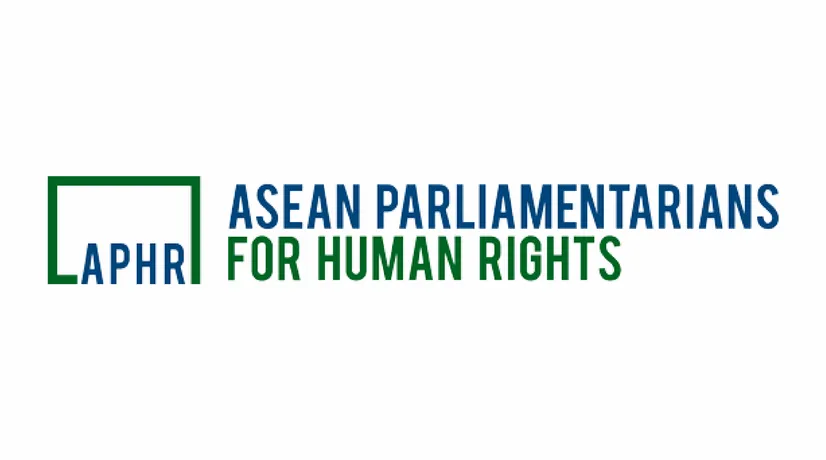Regional MPs Urge Myanmar Parliament to Reject Amendments to Peaceful Assembly Law
12 March 2018

JAKARTA, 12 March 2018 – Lawmakers from across Southeast Asia expressed serious concerns today over new, restrictive draft amendments to Myanmar’s peaceful assembly law, and urged members of the Myanmar Parliament’s Lower House to reject the proposed revisions, following the Upper House’s passage of the amendments on 7 March.
ASEAN Parliamentarians for Human Rights (APHR) said that the draft amendments to the 2011 Peaceful Assembly and Peaceful Procession Law would place further burdensome restrictions on the right to free assembly and expression and constituted a step in the wrong direction for Myanmar.
“If passed, the amendments would not only stifle freedom of expression and peaceful assembly, but would also mark a significant shrinking of democratic space in Myanmar,” said Philippine Congressman Teddy Baguilat, an APHR Board Member.
“It’s especially sad to see such moves made under Myanmar’s first democratically elected government in decades. We had hoped to see a widening of space for civic freedoms, but instead the country appears to be backsliding,” he added.
Regional lawmakers were particularly concerned about the addition of clauses mandating prison terms for individuals who encourage others to be involved in demonstrations that could “harm” the country’s “security” and “public morality.” MPs also expressed concern over proposed requirements for protest organizers to inform local authorities 48 hours in advance and provide details about funding sources.
“Instead of strengthening the legal framework, these proposed changes simply make a bad law worse. Many are ambiguously defined and significantly widen opportunities for the authorities to further criminalize peaceful protesters under a law, which had already been used numerous times against students, farmers, and journalists,” Baguilat said.
“The Myanmar government should be creating an enabling environment that facilitates peaceful protests, rather than imposing undue controls that would allow for repression and abuse.”
APHR noted that civil society groups in Myanmar have also expressed opposition to the amendments, which were pursued without significant public consultation. Over 500 demonstrators marched in Yangon on 5 March to protest the proposed changes.
“We stand with civil society in voicing our concerns about these amendments, and it is critical that MPs in Myanmar listen to the demands of their constituents,” said APHR Board Member Eva Kusuma Sundari, a member of the House of Representatives of Indonesia.
The proposed amendments come amid a broader regional climate of hostility toward those seeking to exercise their rights to peaceful assembly and expression, APHR said, including an ongoing ban on political gatherings in Thailand and judicial harassment against peaceful demonstrators in the Philippines, Malaysia, and elsewhere.
“As lawmakers, we have a role to push back against this regression and continue the fight for a region that better protects and respects individual liberties and democratic norms,” Sundari said.
“We urge our fellow parliamentarians in Myanmar to fulfill their democratic duty and reject the proposed amendments in their current form in order to ensure that Myanmar does not continue to renege on its promises and slide further backward.”
Contact:
Phone: +66 99 278 7334
Email: [email protected]
Click here to read this statement in Burmese.
၎
င
၎
၎
Announcements
28 February 2025
Asian NGO Network on National Human Rights Institutions , CSO Working Group on Independent National Human Rights Institution (Burma/Myanmar)
Open letter: Removal of the membership of the dis-accredited Myanmar National Human Rights Commission from the Southeast Asia National Human Rights Institution Forum

Progressive Voice is a participatory rights-based policy research and advocacy organization rooted in civil society, that maintains strong networks and relationships with grassroots organizations and community-based organizations throughout Myanmar. It acts as a bridge to the international community and international policymakers by amplifying voices from the ground, and advocating for a rights-based policy narrative.